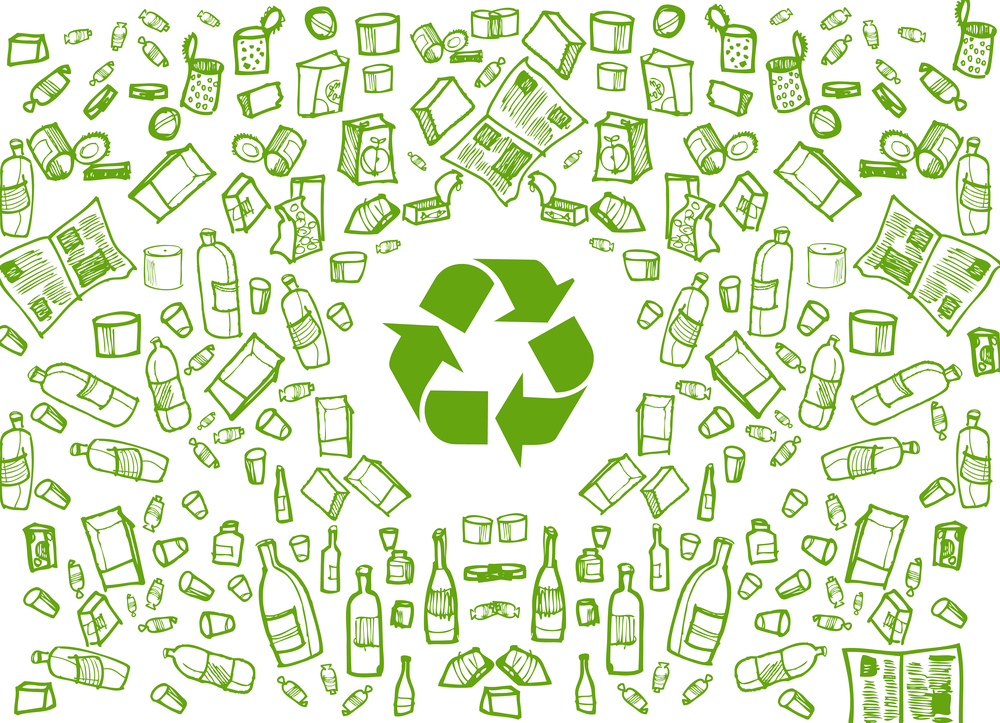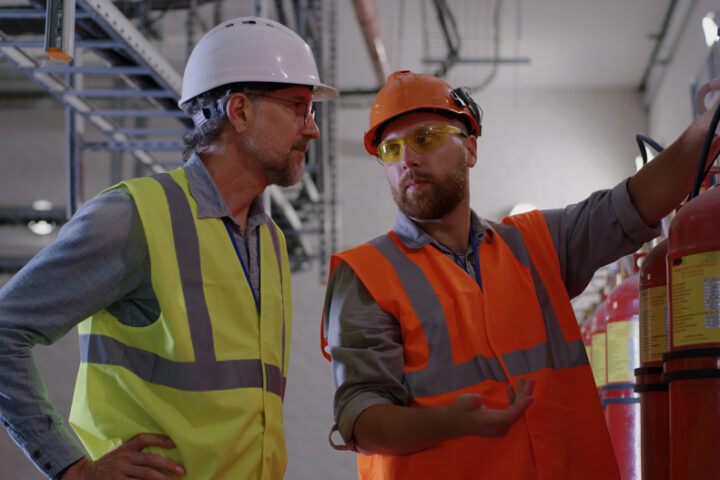Soft plastics like polythene are among the most challenging materials to recycle. Despite being common in household waste, most of it ends up in landfill. This is because soft plastics are light, easily contaminated, and difficult to process using traditional recycling methods.
Local councils are under increasing pressure to boost recycling rates and cut landfill use, but handling soft plastics has always been a problem. While some materials like glass and metal are easily sorted and recycled, polythene often gets ignored. It’s bulky, low-density, and can easily clog sorting machinery.
But ignoring the problem isn’t an option. The UK’s plastic packaging tax is pushing businesses and councils to increase their use of recycled content. At the same time, residents are becoming more aware of plastic waste, demanding better options for recycling even the trickiest materials.
This is where innovative partnerships between councils and businesses can make a difference. By working together, they can overcome the barriers that have kept soft-plastic recycling stuck in the past. And that’s exactly what Oxfordshire County Council did with Polythene UK.
A business looking for waste
Polythene UK is not just another packaging supplier — it’s a company actively seeking waste. Unlike most businesses that focus on producing new plastic products, Polythene UK has built a model around recycling post-consumer polythene.
They collect waste polythene from councils, retailers, and businesses, process it into recycled material, and turn it into a film containing 15–50% recycled content. This approach not only reduces the need for virgin plastic but also helps partners meet the UK’s recycled content targets without extra costs.
But Polythene UK didn’t stop there. They introduced a free mobile baling service for councils and businesses, making polythene recycling even easier. Instead of struggling to collect and transport bulky plastic waste, councils can use Polythene UK’s mobile baler to compress polythene on-site. This cuts transport costs and ensures that the plastic is clean and ready for recycling.
Such a proactive approach made Polythene UK a great partner for Oxfordshire County Council, which was looking for a practical way to improve its recycling rates without increasing costs.
Like many councils, Oxfordshire struggled with polythene waste, which was often too difficult and expensive to process. Polythene UK approached the council with a proposal to set up a dedicated collection point for polythene at Dix Pit Household Waste Recycling Centre (HWRC). The idea was to give residents a clear, easy way to recycle their soft plastics instead of sending them to landfill.
This setup offered a win-win: the council could boost its recycling rates without extra costs, and Polythene UK gained a steady supply of recyclable material. More importantly, it gave residents a direct way to recycle a material that was previously destined for landfill.
What results did they achieve?
Within weeks, the bin reached full capacity consistently, and collections were made weekly. The collected material was baled and processed for recycling, providing a straightforward way for residents to recycle a type of plastic often missed in standard collection schemes.
Feedback from residents was generally positive, and a lot of them started to use the new bin regularly. The council monitored the collection volume and noted the steady participation. Regular collections ensured that the material did not overflow or become contaminated.
The pilot highlighted the practical side of public-private partnerships in recycling. Councils provided the site and communication, while Polythene UK managed the collection and processing.
Following the initial success at Dix Pit, Oxfordshire County Council decided to expand the polythene recycling initiative. Discussions focused on identifying other suitable locations for additional collection points, with priority given to high-traffic Household Waste Recycling Centres (HWRCs).
The expansion plan included clear criteria for site selection, such as sufficient space for separate polythene bins and ease of access for residents. Polythene UK committed to maintaining the same collection process—providing bins, handling weekly collections, and ensuring the material was baled and sent for recycling.
A key factor in scaling the program was the use of Polythene UK’s mobile baling service. This approach allowed for efficient collection at multiple sites without requiring each HWRC to invest in separate baling equipment. Councils could focus on raising awareness among residents, while Polythene UK managed the recycling logistics.
Final word
The expanded polythene recycling initiative in Oxfordshire provided clear benefits for the local community. By collecting and recycling soft plastics like polythene, the program helped reduce waste sent to landfill and supported the county’s sustainability goals.
From an environmental perspective, recycling polythene reduced carbon emissions compared to producing new plastic. This was particularly important as councils worked toward net-zero targets.
Financially, the council avoided some landfill disposal costs, while residents had a convenient way to recycle materials previously excluded from standard collection schemes. Clear signage and dedicated bins made it easy for residents to participate, and regular collections prevented waste overflow.
The program also provided a visible example of how recycling can work in practice. Residents who dropped off their polythene could see that it was being collected separately and turned into a useful product, reinforcing positive recycling habits.







